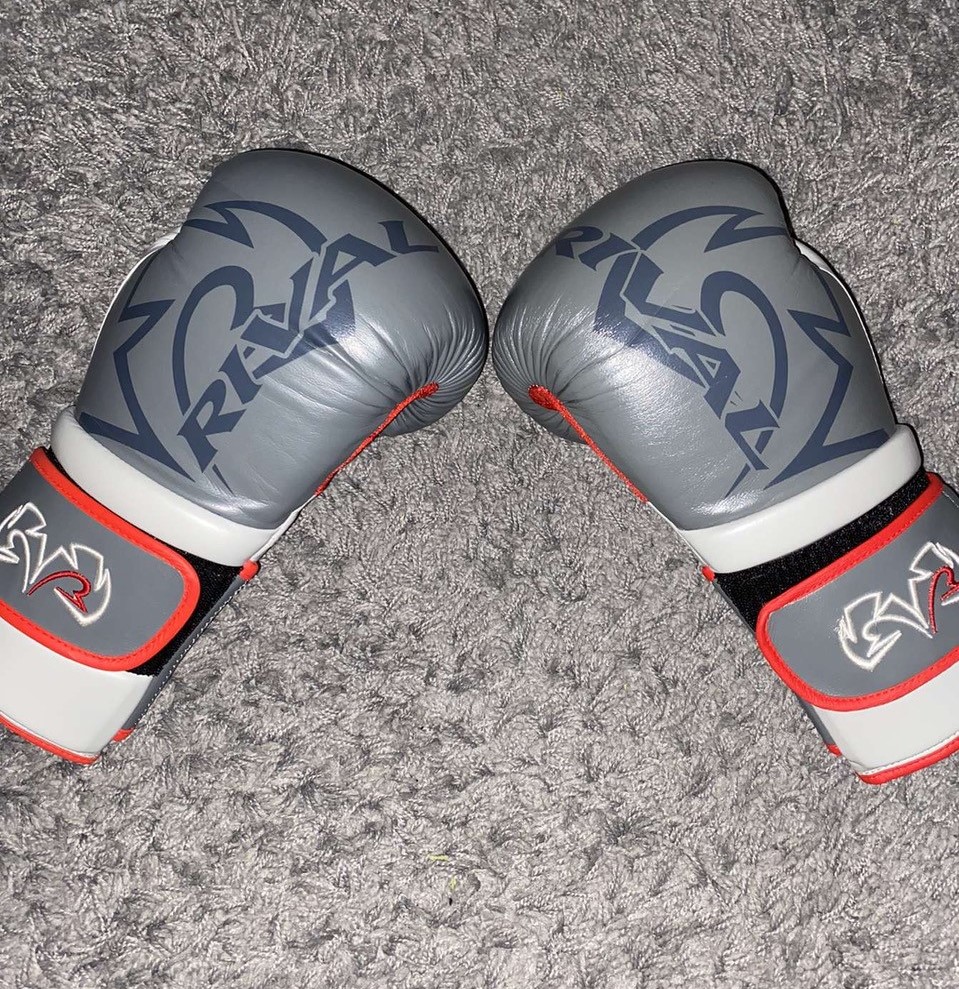
By placing gender specifiers on sports, we run the risk of ‘othering’ our female athletes
By Rebecca Peterson, Staff Writer
We’ve spoken in past articles about the discrepancies between men’s sports and women’s sports. From pay gaps to media coverage to general funding, there’s no denying the fact that professional sports are still framed in a way that benefits men far more than it benefits women. However, down to the very nuances of human psychology, there’s potentially a more subversive reason for why men’s sports are considered more valid and worthwhile as a spectator sport than women’s.
Every year, we have sporting events and tournaments that draw large crowds to stadiums and TV screens worldwide—we have the NHL, the NFL, both the UEFA Euro Cup and the FIFA World Cup, MLB, so on and so forth. These are events for men’s leagues, men’s sports teams. We don’t, however, define them as such. They are the definitive events of their sports, top-tier, and as such they reinforce a standard. One does not need to prefix these titles with gender specificity—we assume, rightly, that these events will feature male athletes. So how is this a problem?
Well, in the case of the NHL and the NFL, it’s understandable that there’s no specification needed, as the women’s versions of these leagues do not exist. There was a short-lived attempt to create a women’s NHL, but it only lasted from 1999 to 2007, less than ten years. Starting last year, they’ve revived this organization with—hopefully—better results. However, there is a FIFA World Cup for women—and it’s called Women’s FIFA World Cup. There is also a women’s EUFA Euro Cup, called Women’s Euro Cup. Defining these sports by the gender of the athletes when the men’s teams do not have their sport defined by their gender puts women in a constant state of “other.” The standard is men’s sports. Women’s sports are a sidebar to the “real” events.
It may seem like a very small nuance of language to pick on, but the way we strictly define the actions of women by their gender has real effects on the lives of women. When a group of people has been “othered,” their defining and most obvious trait is the one that makes them different from society’s “standard.” As writer Michelle Haimoff once explained, “Black women wake up in the morning, look in the mirror, and see black women. White women wake up in the morning, look in the mirror, and see women. White men wake up in the morning, look in the mirror, and see human beings.”
By the very nature of how we’ve labeled these events, we imply that “Women’s FIFA” is less than its male counterpart. However, there’s quite an easy solution to all this. We can always slap the same specifications of gender on existing men’s events. Then, we would have “Women’s FIFA” and “Men’s FIFA,” with each given the same gravity and importance. This is done in the Olympics, after all—why not with other sporting events as well?
